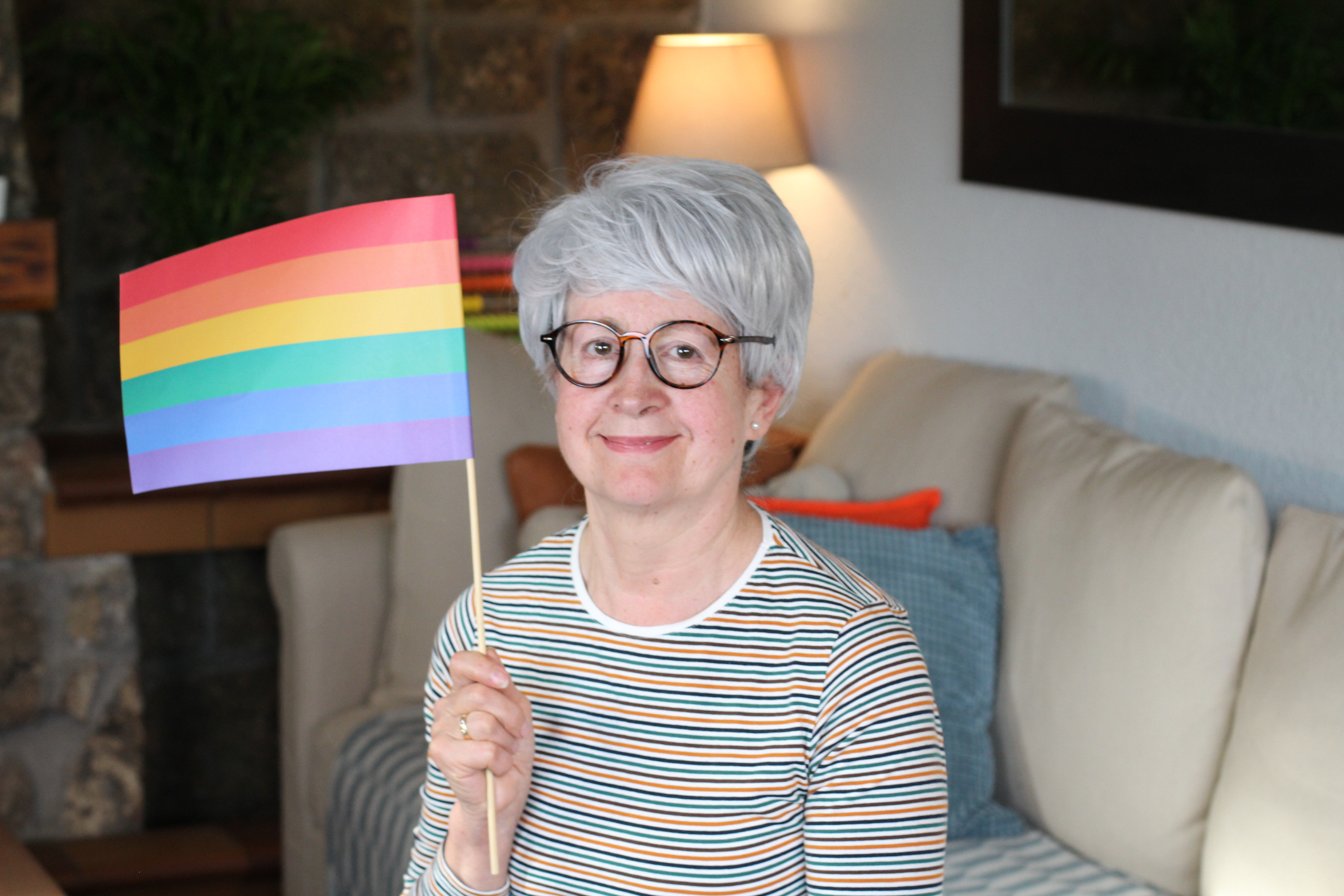Although many communities are opening up as more people are fully vaccinated against COVID-19, the pandemic may have long-term effects for those who recovered from infection and individuals who experienced extreme social isolation. Among older members of the LGBTQ community, the indirect impact of the pandemic has disproportionately affected seniors who may have already experienced estrangement from their family and friends.
When COVID lockdown closed LGBTQ community centers and programs, many older adults experienced long periods of social isolation that can contribute to depression and anxiety. With more barriers to health care, LGBTQ seniors are at increased risk for poor health outcomes including greater reliance on alcohol or drugs as a coping mechanism, according to a recent article published in the Journal of Gerontological Social Work.
According to SAGE (Advocacy & Services for LGBT Elders), more than 3 million LGBTQ older adults aged 55 and older live in the United States. This minority group often experiences discrimination which puts these seniors at greater risk for poverty and poorer health. Connecting vulnerable older adults to services and supports that promote seniors’ well-being is important, especially during a crisis such as the coronavirus pandemic.
As the aging population becomes more diverse, engaging with older adults in ways that take into consideration their cultural background will help support minority, low-income, and other seniors at increased risk for loneliness and poor health. The National Resource Center on LGBT Aging is the first resource center of its kind to help improve the quality of services and supports for LGBT older adults.
The silver lining of the COVID-10 pandemic for LGBTQ older adults may be a greater awareness of disparities in care among older sexual minority adults and more attention paid to making patient care culturally competent through education and inclusivity. As Pride Month wraps up, we are reminded that the fight must continue to ensure that all members of our communities receive the same access to care and can age with dignity, equality, and authenticity.






Add Your Voice
0 Comments
Join the Discussion